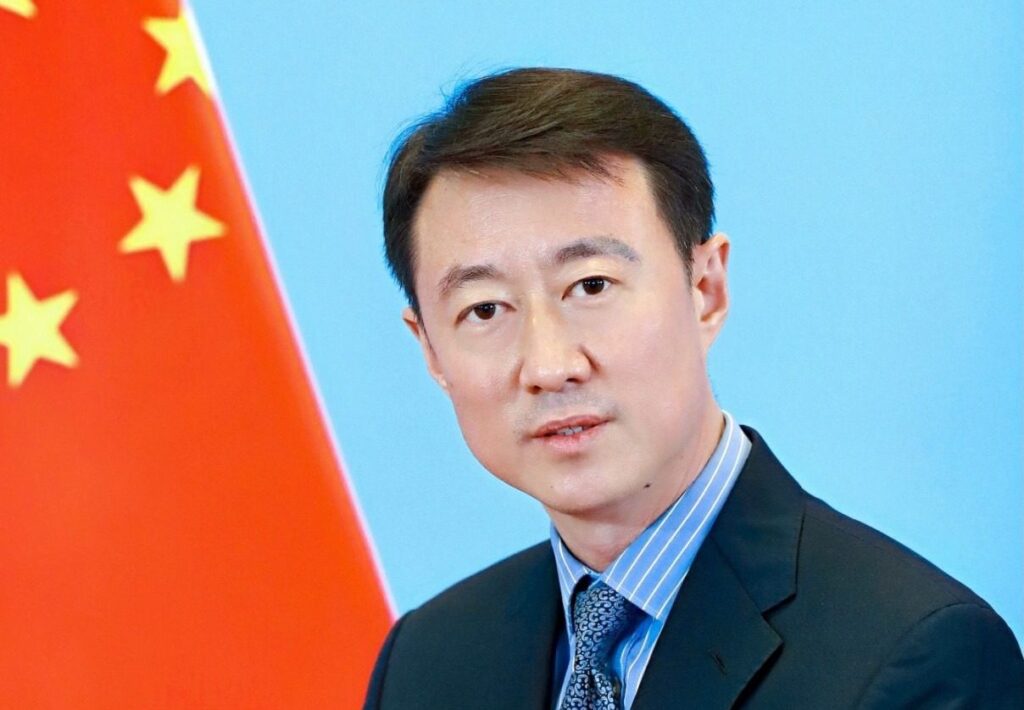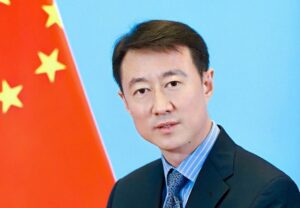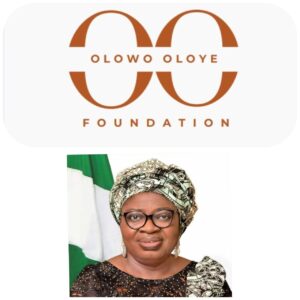China Seizes Opportunity Amid U.S. Tariff Policies: Ambassador Yu Dunhai Promotes Stronger Nigeria-China Economic Ties

China Seizes Opportunity Amid U.S. Tariff Policies: Ambassador Yu Dunhai Promotes Stronger Nigeria-China Economic Ties

Chinese Ambassador to Nigeria, Yu Dunhai, has characterized the recent tariff actions taken by the United States as a regressive move that has inadvertently paved the way for enhanced economic collaboration between China and Nigeria.
During a press briefing in Abuja on Friday, Dunhai presented the U.S. protectionist policies as detrimental not just to the global economy, but also as an opportunity for China and Nigeria—the largest economy in Africa—to strengthen their bilateral relations.
Dunhai criticized the U.S. “America First” approach, labeling it outdated and detrimental to global trade standards, which in turn hampers the growth of developing nations. He stated, “The U.S. strategy attempts to exert maximum pressure on other countries to conform, aiming to restore its greatness. However, this methodology is likely to backfire, damaging both its own interests and those of others.”
He noted that U.S. tariffs have led to inflation, currency devaluation, and instability in stock markets throughout Africa.
In contrast, the ambassador emphasized China’s dedication to multilateralism, equitable trade practices, and support for Africa’s growth. He pointed to Chinese President Xi Jinping’s commitment made during the Beijing Summit of the Forum on China-Africa Cooperation, which offers zero-tariff treatment to all product categories from least-developed countries with diplomatic relationships with China, including Nigeria.
With bilateral trade between the two countries hitting $22.5 billion, Dunhai expressed optimism about further cooperation in sectors like infrastructure, agriculture, and technology. He highlighted ongoing Belt and Road Initiative projects, including railways, ports, and power stations, as evidence of the evolving economic partnership.
He encouraged Nigeria to leverage the changes in global trade dynamics, particularly those stemming from U.S. policies, to foster closer ties with China. “Nigeria is a significant market with a population exceeding 200 million. We are eager to see more Chinese investments flowing into Nigeria. I have heard that numerous investors have visited Nigeria recently to seek opportunities, especially in infrastructure and connectivity,” he stated.
Dunhai expressed confidence in the potential synergy between China and Nigeria’s initiatives for growth, calling it a “Renewed Hope Agenda.”
He reaffirmed China’s support for Nigeria’s development ambitions, stating, “Together, we will champion the multilateral trading system, counter protectionism, and cultivate an open, inclusive, and fair international environment. Our mutual objective is to promote a balanced and orderly multipolar world and foster an economic globalization that is beneficial and inclusive for all, creating a community with a shared future for humanity.”
The ambassador referenced statistics from American sources on rising inflation and public dissent against the U.S. tariff measures, highlighting a recent CBS poll wherein approximately two-thirds of American voters expressed disapproval of the tariffs. He noted that inflation had caused prices for eggs and chicken to increase by over 30 percent in the past year.
He urged the international community to resist U.S. tariff policies, framing the rejection of unilateralism as critical to upholding fairness, multilateralism, and the global economic order. “It is essential for the international community to unite in defense of our common interests. By opposing U.S. tariff abuses and coercion, we stand for multilateral principles, fairness, and justice,” he concluded.
Dunhai reiterated China’s commitment to protecting both its own interests and those of developing nations, expressing readiness for equal negotiations while affirming a resolute response to any provocations.






